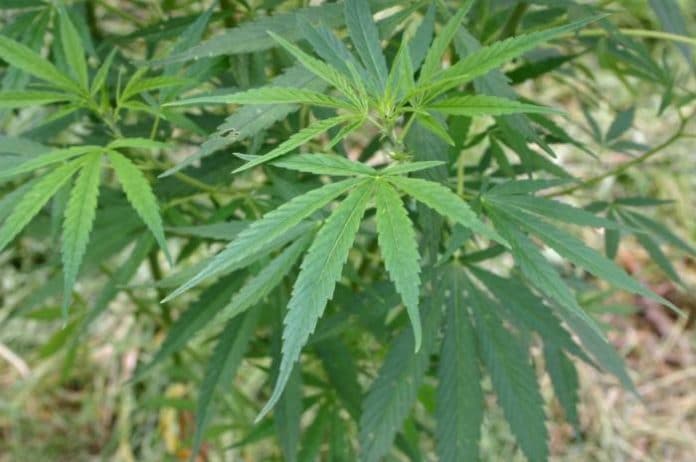The Australian state of Tasmania’s medical cannabis controlled access scheme (CAS) opens today – but accessing medicines won’t be quick or easy.
The start of the CAS makes good on a previous commitment by Tasmania’s government to have the scheme up and running by the start of September.
The program enables medical specialists to prescribe unregistered medical cannabis products in some circumstances where conventional treatment has failed. While pediatric epilepsy appears to be the focus of the scheme, any condition has the potential to qualify.
To access the scheme, a GP will need to refer a patient to a relevant medical specialist. If medical cannabis is deemed to be an appropriate treatment, the specialist is required to apply for authorisation from the Department of Health and Human Services to prescribe the products.
Patients prescribed an unregistered cannabinoid product under the scheme will have it dispensed by a Tasmanian Health Service hospital pharmacy. The good news is the most these patients will pay is the applicable Pharmaceutical Benefits Scheme ( PBS) patient co-payment, thanks to funding provided by the Tasmanian Government.
However, there’s a fair amount of devil in the details, for example:
“Unregistered medical cannabis products require all usual Commonwealth exemptions, authorisations or approvals in addition to a Tasmanian authority being issued,’ state the DHHS.
While the President of the AMA in Tasmania supports the scheme, other doctors have expressed concern regarding managing patient expectations and demand. Some carers are also worried about the length of time it will take to access medicines and a growing waiting list that may see the scheme become too restrictive.
Epilepsy Tasmania chief executive Wendy Groot welcomed the start of the program.
“I’m hoping that anybody who thinks this may assist them in their epilepsy or their other chronic condition will actually access it because it is proven with the guidelines to be a safe, controlled access scheme,” she said.
In a position statement published earlier this month, Epilepsy Tasmania said it recognised the need for more safe and effective therapies to assist patients and their families coping with severe and intractable seizures. While it was cautiously optimistic about the potential for medical cannabis based on trials to date, the organisation said a sound evidence base was still lacking concerning its effectiveness and safe use, and it supported further medical trials.
Further information on Tasmania’s Medical Cannabis Controlled Access Scheme can be viewed here.


